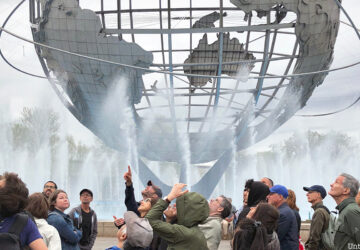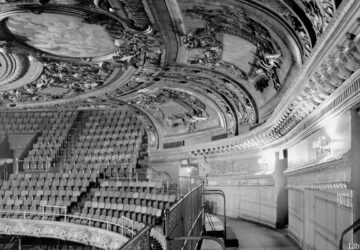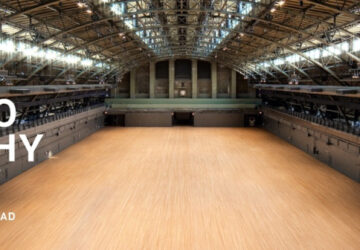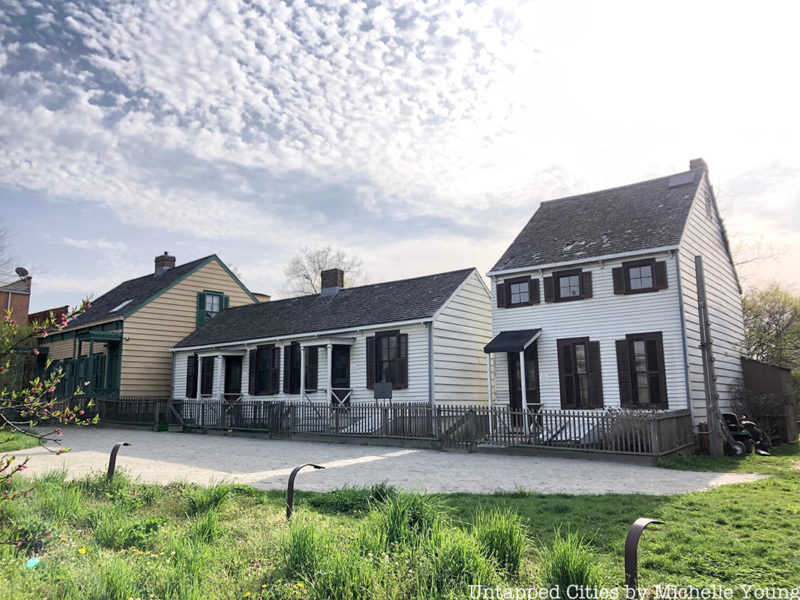Alarming news hit the local news a month ago: the Weeksville Heritage Center, on the site that marks one of the largest free-black settlements in the United States before the Civil War needed $300,000 to address a budget shortfall and was in risk of closing. Located in Crown Heights, the Weeksville Heritage Center is one of the borough’s secret gems. Behind a modern facade and visitor center on the street lies a bucolic and peaceful green space with a row of historic homes known as the Hunterfly Road Houses. Weeksville was founded in 1838 when an African-American longshoreman named James Weeks bought this plot of land in present-day Crown Heights, eleven years after New York State abolished slavery.
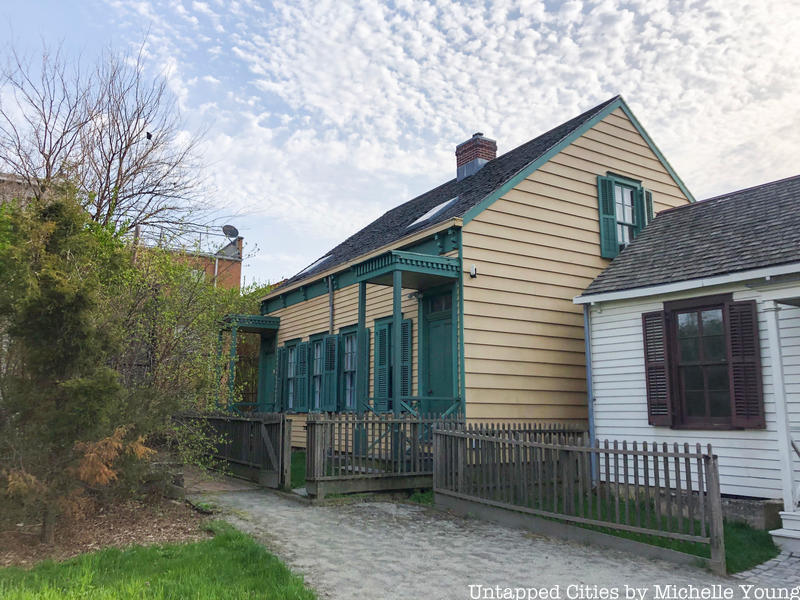
Dating back to about 1830, the four houses are all individual New York City landmarks and the only surviving structures that remain from a larger development. They sit along the former Hunterfly Road, which may have followed an old Indian trail all the way out to Jamaica Bay until it was closed off sometime in the later 19th century. Equally importantly, it is believed that Weeksville held an important role along the Underground Railroad. Alyssa Loorya, board member of Friends of the Lott House and president of Chrysalis Archaeological Consultants believes that the escaped slaves that stopped at the Lott House in Marine Park after arriving by boat in south Brooklyn would head up to Weeksville shortly after, seeking refuge in the settlement founded by freed slaves before going further north.
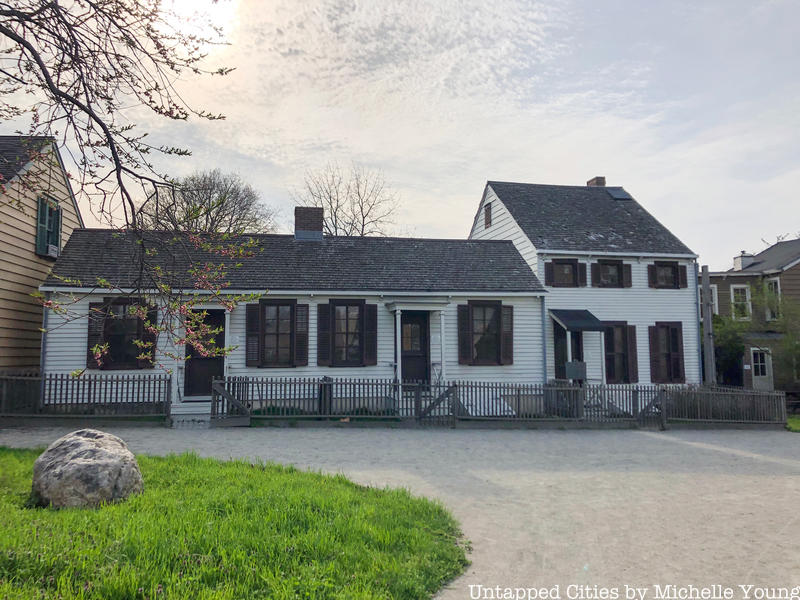
Initial donations to the crowdsourcing campaign gave the Weeksville Heritage Center enough funds to keep its doors open and the additional $35,000 it hopes to raise before the end of the month would allow it to create a cash reserve. When the fundraising campaign hit $250,000 on the ninth day of the campaign, it meant that there were enough funds to allocate to the stabilization and restoration of the historic Hunterfly Road Houses. In a quote in the Landmarks Preservation Commission designation report, Lorren McMillen, an “authority on the 19th century wooden architecture of New York City,” stated that the Hunterfly Road Houses “are the last buildings in Brooklyn and in the rest of the city with the exception of Staten Island which as a group face on an old original undeveloped highway and retain alI the charm of their rustic setting.”
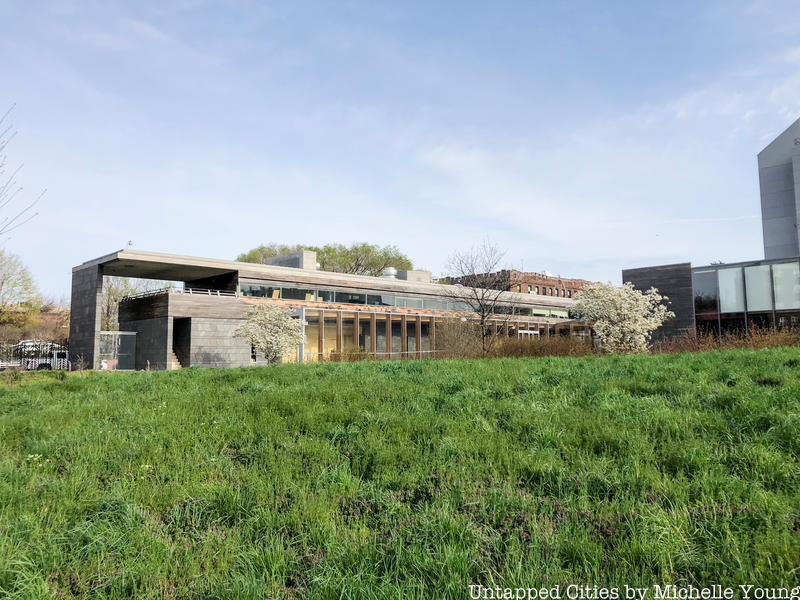
But beyond the historic houses, the Weeksville Heritage Center holds exhibitions, events, performances, and a Resource Center dedicated to the “histories of post-emancipation, freedom, and its promise” and historic understanding of 19th century and 20th century African American, Caribbean, and African history. As the neighborhoods of Crown Heights, Prospect Lefferts Garden and Bedford-Stuyvesant undergo significant socioeconomic change, keeping the Weeksville Heritage Center running will help retain the collective history of the area. Donate to the campaign to save the Weeksville Heritage Center here.
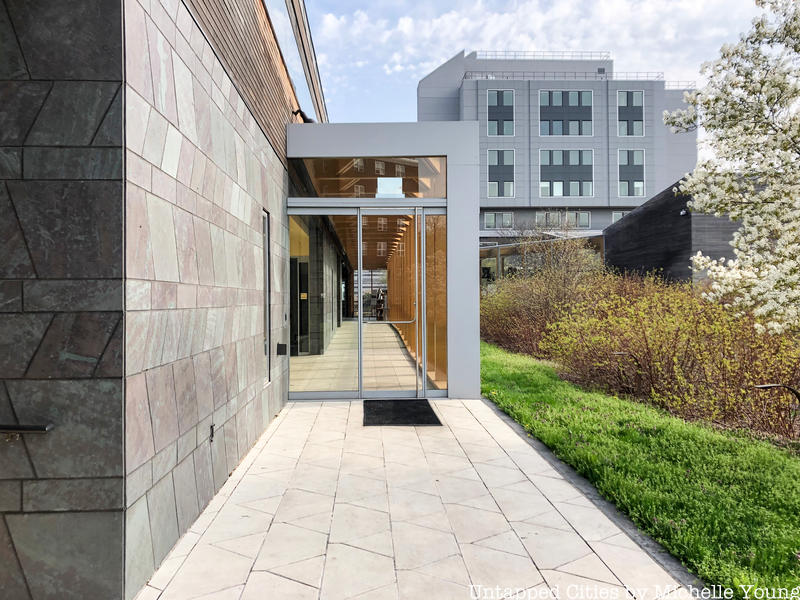
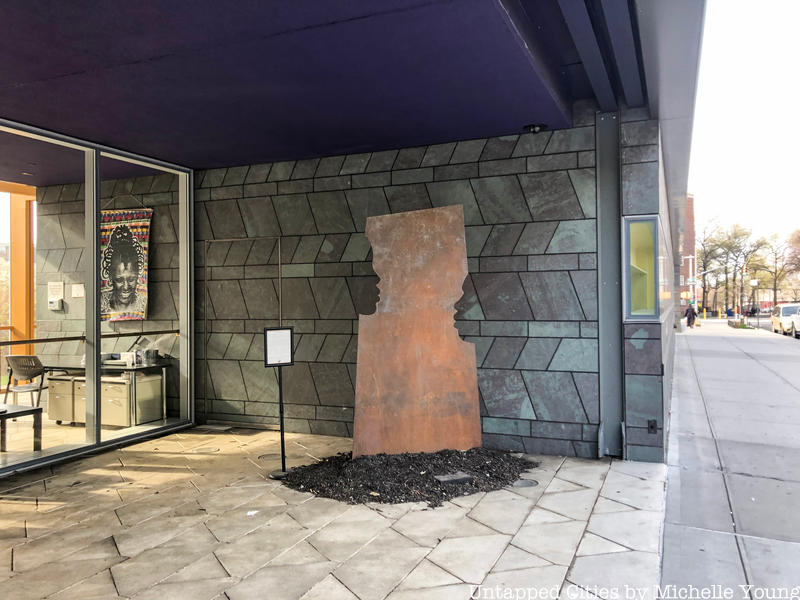
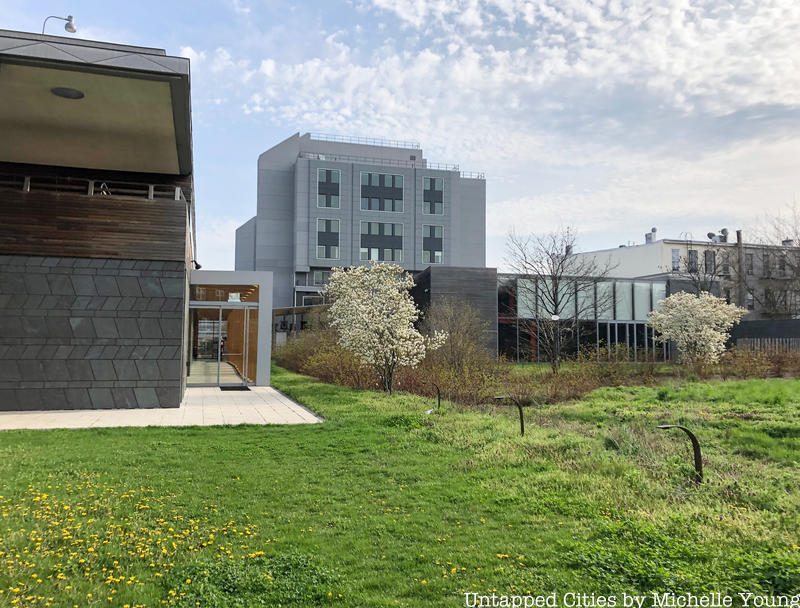
Next, discover 10 stops along the Underground Railroad in NYC.

